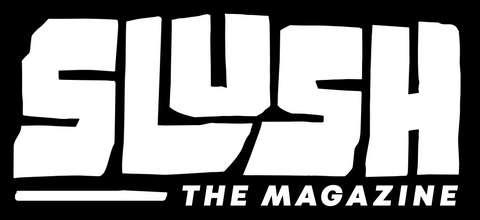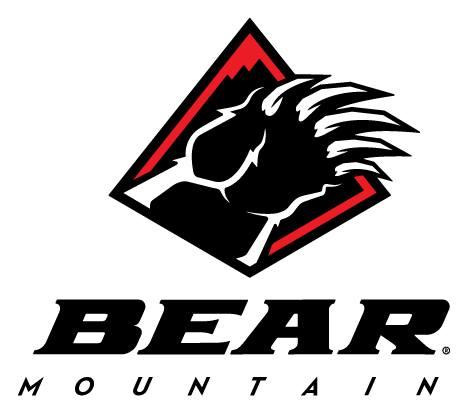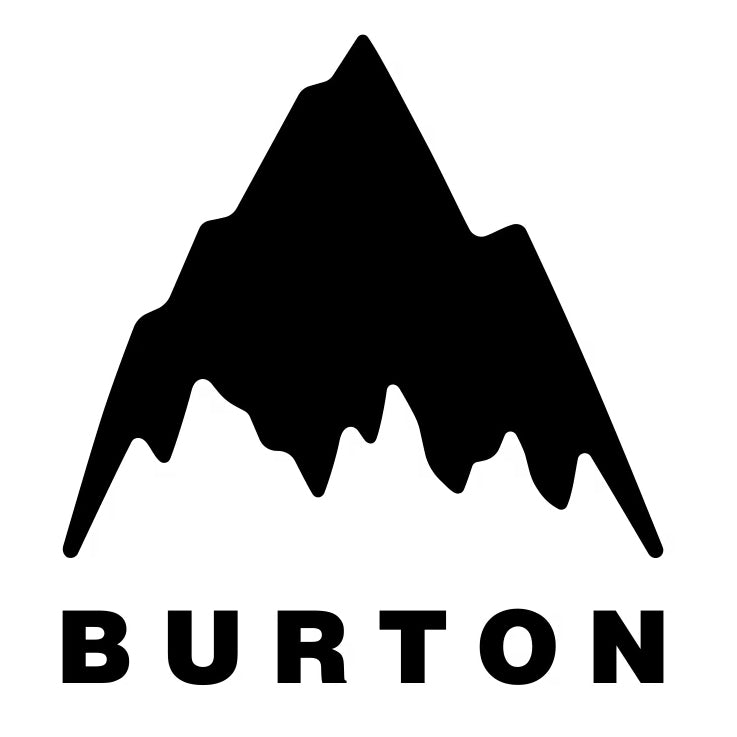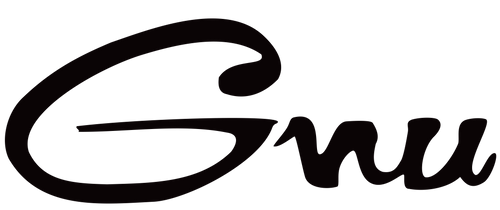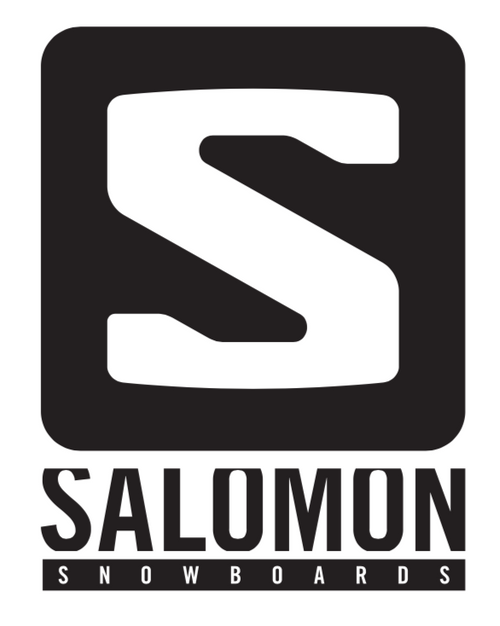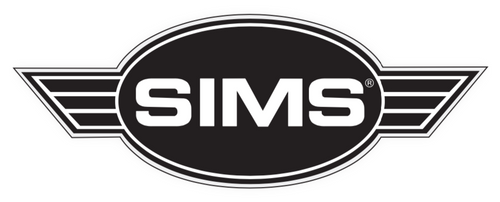
Interview by Stan Leveille
Erik Leon has traveled a more arduous road than many when it comes to becoming a professional snowboarder. His experience is particularly relevant in an era where brands and riders are struggling to wrap their heads around real ways to make snowboarding more accessible. Based in a conversation about his blossoming CORE initiative (Community Outreach Riding Equipment), Erik sits down with SLUSH to chat on the inspiration behind a project that aims to address sustainability and affordability of signature snowboard products. From breaking down the model for royalties on gear, to an earnest recollection of his coming to terms with the privilege around him in snowboarding, Erik offers real insight into aspects of accessibility many industry leaders are yet to consider.
I want to talk about why CORE started.
Ultimately it started when I was presented with an opportunity from two of my sponsors to create signature garments and a snowboard. In a lot of ways, I think the goal of being a professional athlete is getting a signature product, but I basically learned that in order to get a signature product, you usually take over an existing model that is already produced by the company, slap your name on it, and add $100 on top of it—which just creates a larger royalty for you. At that very moment, I had a flashback to when I was a kid and the Jon Kooley Santa Cruz board was all I wanted. It didn’t even fit me, they didn’t make it smaller than a 149 and I was riding 136’s, but still I couldn’t afford it. If it was $500, I wouldn’t have been able to purchase it. So the concept came when I had my opportunity and I realized that rather than just adding my name and raising the price, maybe I could try to make something more affordable and more sustainable. It was also something I was hoping I could create that’s bigger than one brand.
What do you think your name is worth as a price upgrade?
Haha, I like to imagine the product without my name on it, and I like to imagine it as something cool and then… It’s priceless, what do you mean? I’m just kidding.

So how much research did that require and what was that process like?
For Arbor, they’ve been working towards more sustainable products since 1994. If anything, what I get to do is highlight sustainability to a different crowd of people that don’t pay attention to it. There’s people who are 16 learning about it now because they’re growing up in 2021 during a heat wave, you know? So with Arbor my goal was to highlight the sustainable efforts in place, and then if we gain more momentum, hopefully create more sustainable steps into the production of whatever we make. With Airblaster, we were able to circle back to a more sustainable garment that had been developed by them six years prior, and build off that. We were also inspired by Griffin Siebert’s Quiksilver line with natural-dyed fabrics, which are less harmful to the area in which it’s created. That’s what that energy went into. That was actually very fun and if you’re a professional snowboarder reading this and you have a signature product, you should look into natural dyes. But at the end of the day, the most challenging part of it all is telling a business owner that we’re going to make a signature product more affordable.
Were you able to do it?
I’d like to think so. When we first went into it, people that ran the company were like, “What do you mean you want a snowboard that costs $369 with your name on it? That doesn’t prove that it’s one of the best snowboards on the market.” but I want to create a space where kids can actually afford one of these boards with a signature name on it so they do know it’s the best. I snowboard on this every day. We told our reps that we were creating an affordable signature pro model and the reps were like, “Oh my god! Finally!”

Did your performance suffer? How many boards are you breaking?
I’ll tell you what, I break boards on violent kink rails and that’s it. I don’t really break boards, but also I try not to fall.
So now you have picked up The North Face as a sponsor. Was the ground you laid with CORE a discussion when you got brought in? Do you feel like they were receptive?
Yeah, I think that they really liked the idea of CORE and especially for this upcoming winter, they’re fully working on a resort tour plan and they’re going to be behind it. So as CORE grows, all of the sponsors also grow with it.

Yes, we haven’t talked about the event aspect of CORE yet. The idea behind the events is to also focus on helping support non-profits, tell me more.
Yeah, when I was first having discussions to make CORE happen, I saw that Joe Sexton and Jake OE began working with a local nonprofit called Cool Meets Cause in Minneapolis. I saw that and thought it was the coolest thing and immediately looked into getting involved. I started doing my research and I realized there’s nonprofits across the country that contribute back to snowboarding and getting underprivileged kids to the outdoor world. From then on, I have just been slowly working towards building more events that work together with local nonprofits as a tangible way to give back.
When did you realize most pro snowboarders grow up wealthy?
I know this is going to sound crazy but probably the first time that The Launch came to Bear. I had found out that kids in Utah went to snowboard schools. I was like 16 or 17 and I had met all the Utah kids. I was like, “Damn, these kids are sick!” They’re like, “We all went to school together. We have the same coaches,” and I was like, “What the fuck?” I was the only snowboarder at my high school. I was told that I was an idiot for pursuing snowboarding and you guys went to schools that provided coaches? I couldn’t believe it. I was literally told that my life was a wash because I wanted to snowboard in high school.
Then you look into snowboard academies and discover they’re like $40,000 a year?
Shit like that, yeah sure. Or even just having a coach. Some of those kids just had coaches. It took a lot of money and I was like whoa, that’s how you become an Olympian.

Did it ever feel like you wanted to work harder because that existed?
Nah, I didn’t give a shit. There was probably one point where I was like, “Damn, life would be a lot easier if I grew up with money,” because that’s how a lot of the pro snowboarders did it. Do I want to break this down? The way I saw it was always completely different than the way a lot of people saw it. You start out as a rep kid. You have an opportunity to represent a brand and share the fun to those locally. The brand supports you and for a while, if you are still dedicated, you kind of go up the ladder. You get to a point where you get an opportunity to go on a snowboard trip with the team. When I had my first opportunity to go on a trip with Arbor Snowboards, I said yes. I didn’t even question it. The TM said I could have a little bit of travel budget and they’d expense it. I didn’t know what that meant, I was 15. I told my dad that this was my first breakthrough trip, and that I had to go on it. My dad gave me our car payment for that month and was like, “Please get this back to us from the expenses.” I didn’t really know how it worked, I was just super happy to get to go on the trip. It was probably $250 that he gave me—I came back and didn’t have the car payment and we lost the car that we had because we couldn’t afford it. They had to take it. Now if you were a kid with a bunch of money, this kind of stuff becomes a lot easier, you can just go on those trips more frequently. You don’t have to bug the team manager for money. And when you’re not a top tier athlete, you don’t bug them for money. So those kids that get supported through their parents, which is completely okay if you’re not a piece of shit, they tend to ride the wave easier in the snowboard industry. There was a certain point where I had nothing—I literally had nothing—and I had to bother the living shit out of every person that I worked for in snowboarding. To be as blunt as possible, the snowboard industry favors those who don’t bug the team manager for things like money.
You’re picking up the bill.
You’re picking up the bill. But you know, that also falls on the shoulders of team managers. You gotta stick your head out for these little dudes and quit picking the easy route.
That’s a really interesting point. I know that since being signed to The North Face, people automatically assume you have some Scrooge McDuck pool of money that you’re swimming in, and that’s just not the case. You still work side jobs, you’re still getting your hands dirty.
Oh, for sure. I definitely got a raise which is super awesome but like, I still ain’t got a heli budget! Not that I’m looking for that. I’m not loaded, but I still grind because I’ve had to grind since I was like 15 or 16 years old. I still have a job. I’m back at a coffee shop two days a week.

But I think there’s something to be said about that. Having a second job while snowboarding is an admirable message to many.
This was the first summer I didn’t have to have a job, I could make ends meet and be comfortable. I’ve had a job every summer for probably almost ten years. Which to the average person is not a surprising fact, but a lot of pro snowboarders I’ve known since I was a kid have never had summer jobs. They don’t work in the summertime, they just float. So I told myself I wasn’t going to get a job, and then halfway into June, I was like, what am I doing with my days? I can’t do this, this is not sustainable, I need a schedule. So I ended up just getting a job two days a week, and it’s great because it applies order to my life and adds a little bit of extra change. I’m not going to lie, working at a coffee shop is the best. You don’t want to work that day? Dude, just call up your mate and tell them to cover your shift. They don’t want to work, work a double, make extra change, get that extra tip. It’s sick, dude. Go home with cash in your hand right then and there. It’s the best, dude. And then nerd out on coffee. Get good at coffee. And then maybe you get to a point where you're like I’m 34 years old, I’m too old for this shit so I’m just going to start my own.
I mean yeah, having side work from snowboarding is also important because it allows you to imagine a career outside of riding.
There’s a niche for anything that you do and the more knowledge you have doing it is worth a pretty penny to somebody who doesn’t have that knowledge. Always know that whatever you do, learn the most you can.
Anything we are missing before we wrap this up?
I do want to mention something. CORE is not meant to be just mine. I hope in the future, other snowboarders want to be part of it too, and yeah, I hope that snowboarders reading this see that I’m just using my voice that I have in the industry to highlight this but I don’t want it to be just my thing. That’s selfish. If you’re a professional snowboarder and you have a signature garment, boot, binding, board, anything, and you think that you could highlight your signature product and give back to the community, hit me up. I’m super down to work. I would love to have the CORE stamp on your product. It’s not just a stamp of approval that you went and worked your ass off; it’s also a marketing story and a campaign for your product that helps you in the long run. I’ve been working on this for three years now. A lot of people in the snowboard industry are like, “If it’s not my idea, I don’t want to do it.” It’s a community thing, not one brand that I ride for owns this. If Gnu and Arbor want to have a CORE stamp of approval on both of their boards, that means that over time, you could walk into like an Evo retailer and there’s a list of boards and three of them have a CORE stamp and you’re just like, “Oh yeah, CORE focuses on sustainability.” The other kid can walk in and be like “Whoa, they did an event at my home hill.” There’s an opportunity for us to really get a grasp on our snowboard industry and what the growth of it can look like. Right now our industry just needs a little bit of a kickstart for athletes getting involved with the community because you never know how big somebody can be and how it can impact your life, know what I’m saying? How do we know we don’t have the next Travis Rice on our hands—what if they just grow up in places where they can’t afford it?

